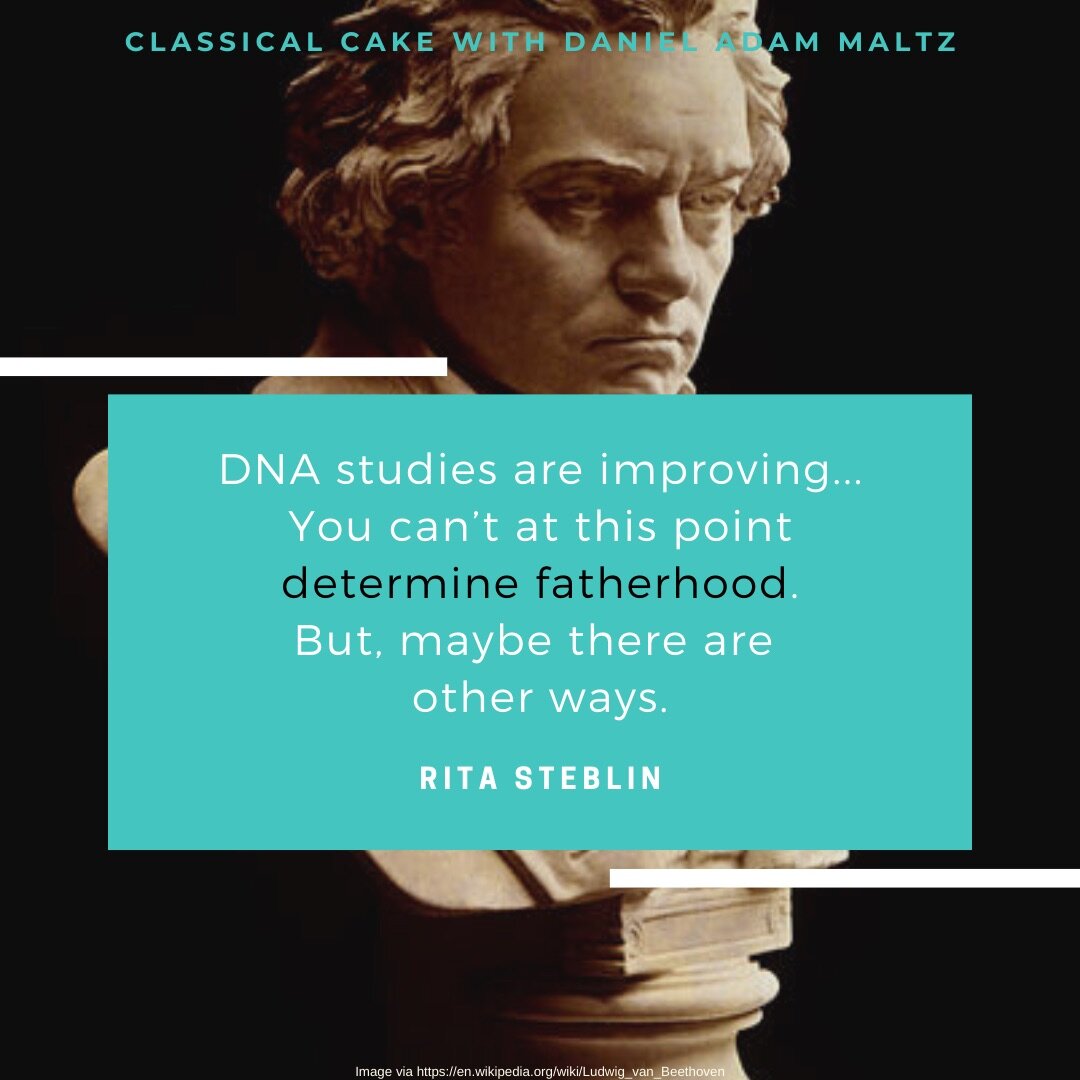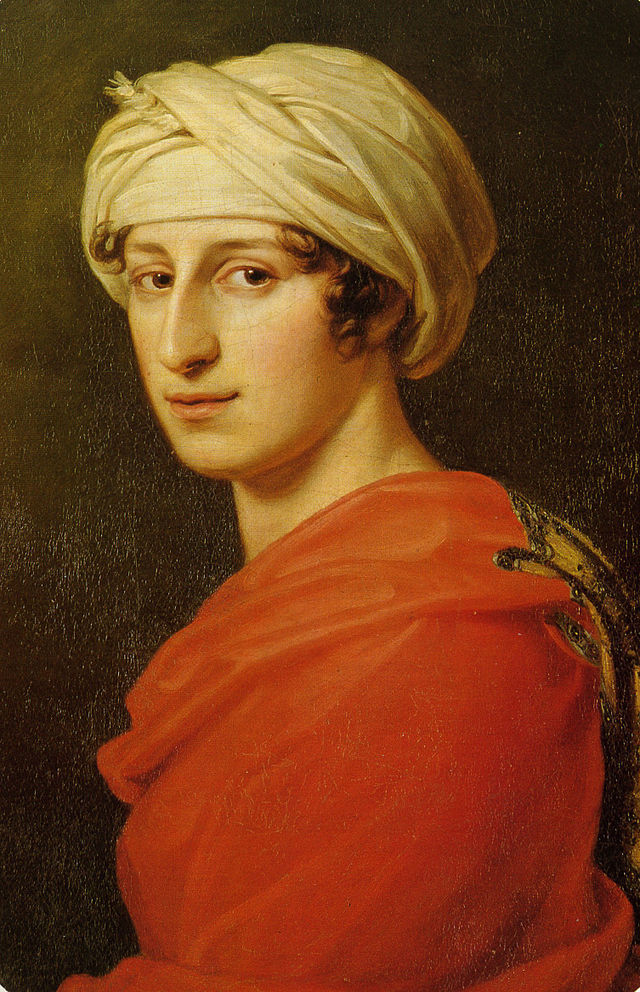
Rita Katherine Steblin over Beethoven en zijn Immortal Beloved
Who was Beethoven’s Immortal Beloved mentioned in his infamously passionate letter to an unidentified woman? This question has obsessed people for almost 200 years. Guest Rita Steblin finally identifies the correct woman
Beethoven’s Immortal Beloved Identified
Rita Katherine Steblin (April 22, 1951 – September 3, 2019) was a musicologist, specializing in archival work combining music history, iconography and genealogical research.
Steblin was born in Chilliwack, British Columbia, Canada; she died in Vienna, Austria. She was the daughter of Sergei and Renata Steblin, a co-founder of Richmond Baptist Church.
After obtaining degrees in Vancouver, Toronto and Urbana, Illinois, and studying at the University of Music and Performing Arts Vienna, Steblin worked in Canada (mainly in Vancouver) and since 1991 in Vienna first at the Internationales Franz-Schubert-Institut and then as an independent researcher on Ludwig van Beethoven, Franz Schubert and social life in late eighteenth and early nineteenth-century in Austria (including Hungary and Bohemia).
Controversy about Schubert’s sexuality
In the debate over Franz Schubert’s sexuality, she was one of the fiercest critics of musicologist Maynard Solomon, who in 1989 was the first to openly expound the much-discussed theory of Schubert’s homosexuality within a scholarly framework. She published numerous articles on the subject and was in turn criticised by Solomon and others for her theories. In 1994 she wrote: “Perhaps we should study what it is about Schubert that makes him so attractive to fashionable political ideologies. Why did the Nazis abuse Schubert to promote their theories of pure Aryan race? […] And why, when the evidence is so questionable, is Schubert being promoted now with such passion as a homosexual composer?” For this, she was again criticised, for example by Charles Rosen
https://en.wikipedia.org/wiki/Rita_Steblin
Beethoven

